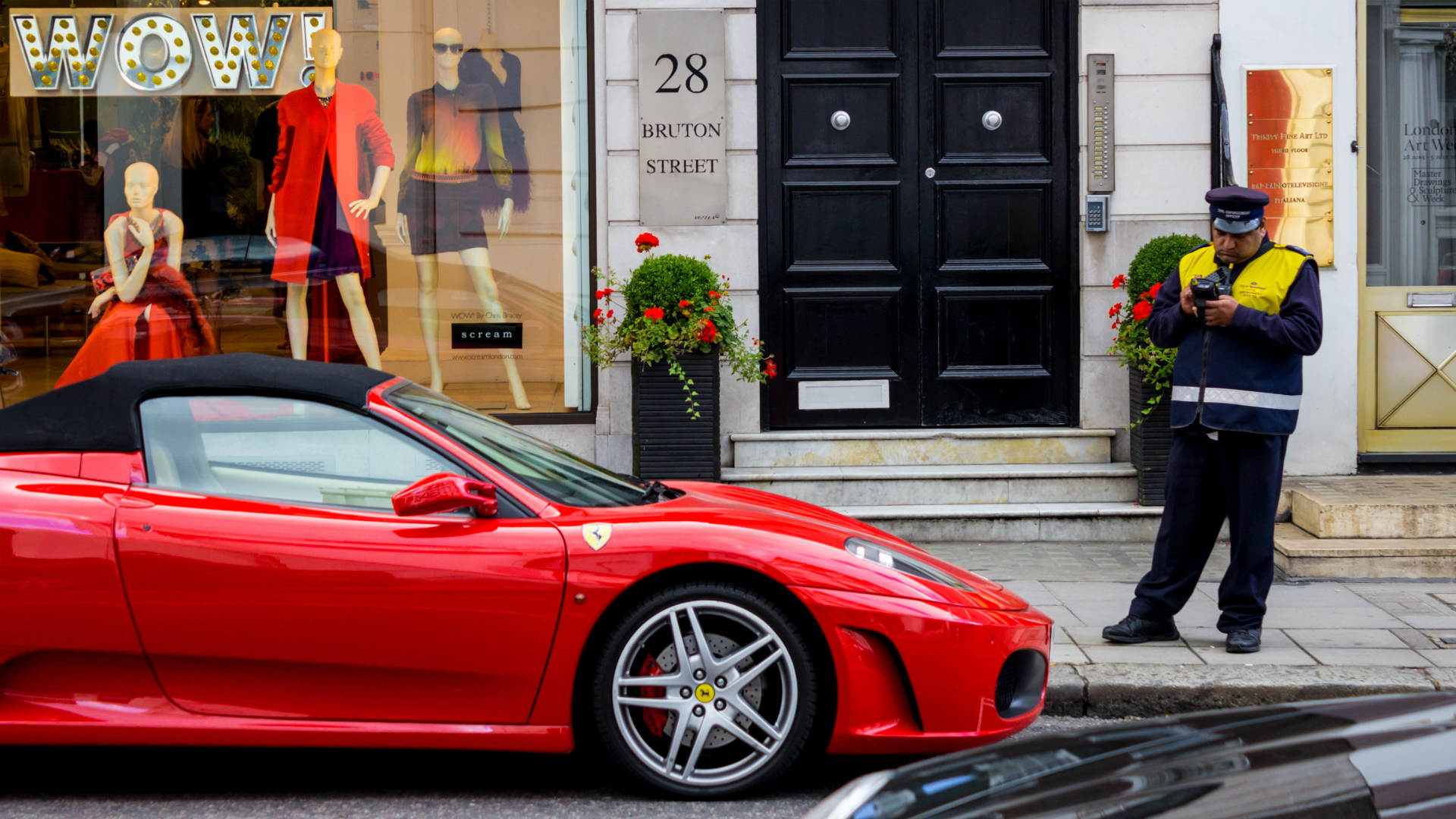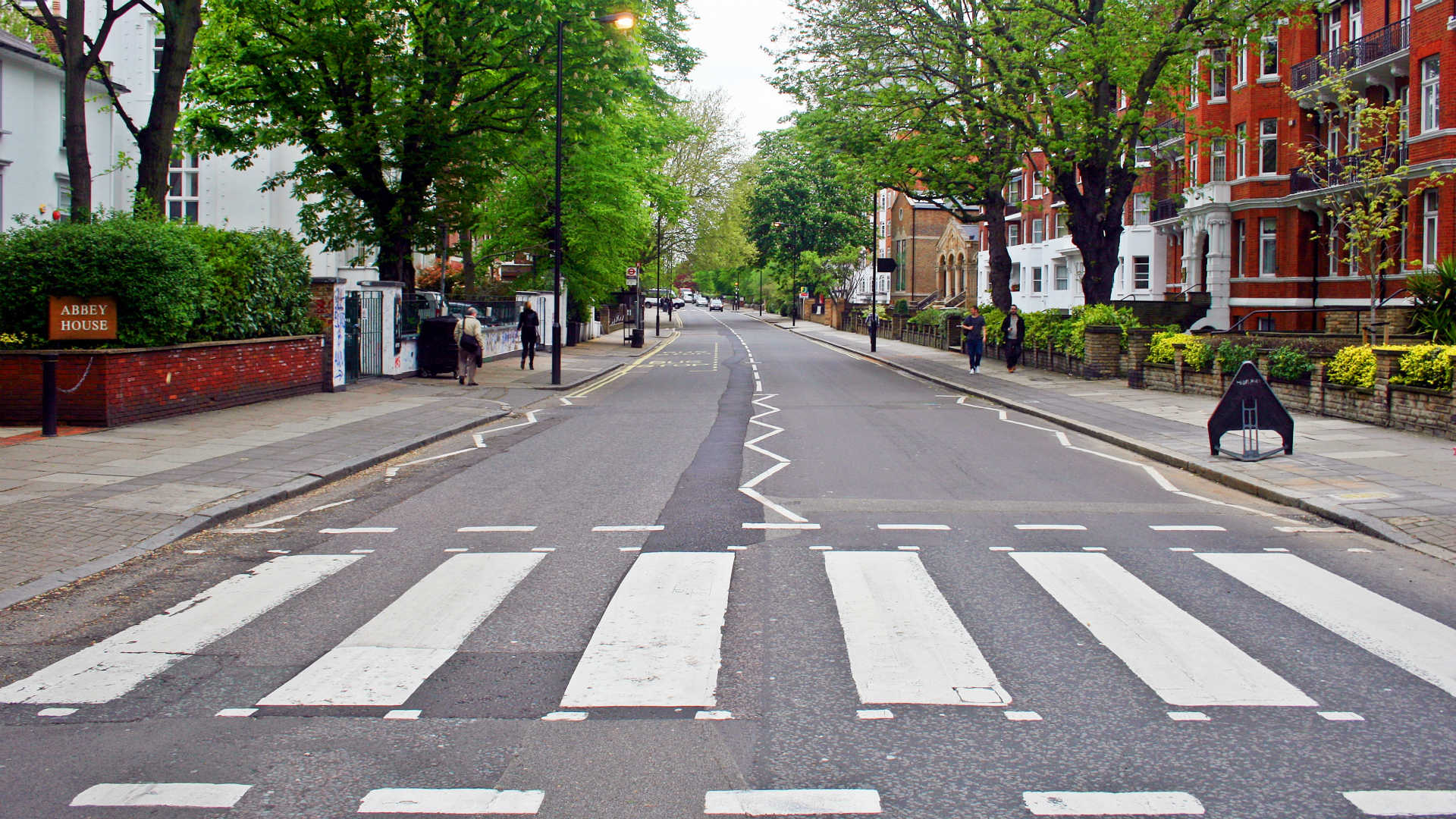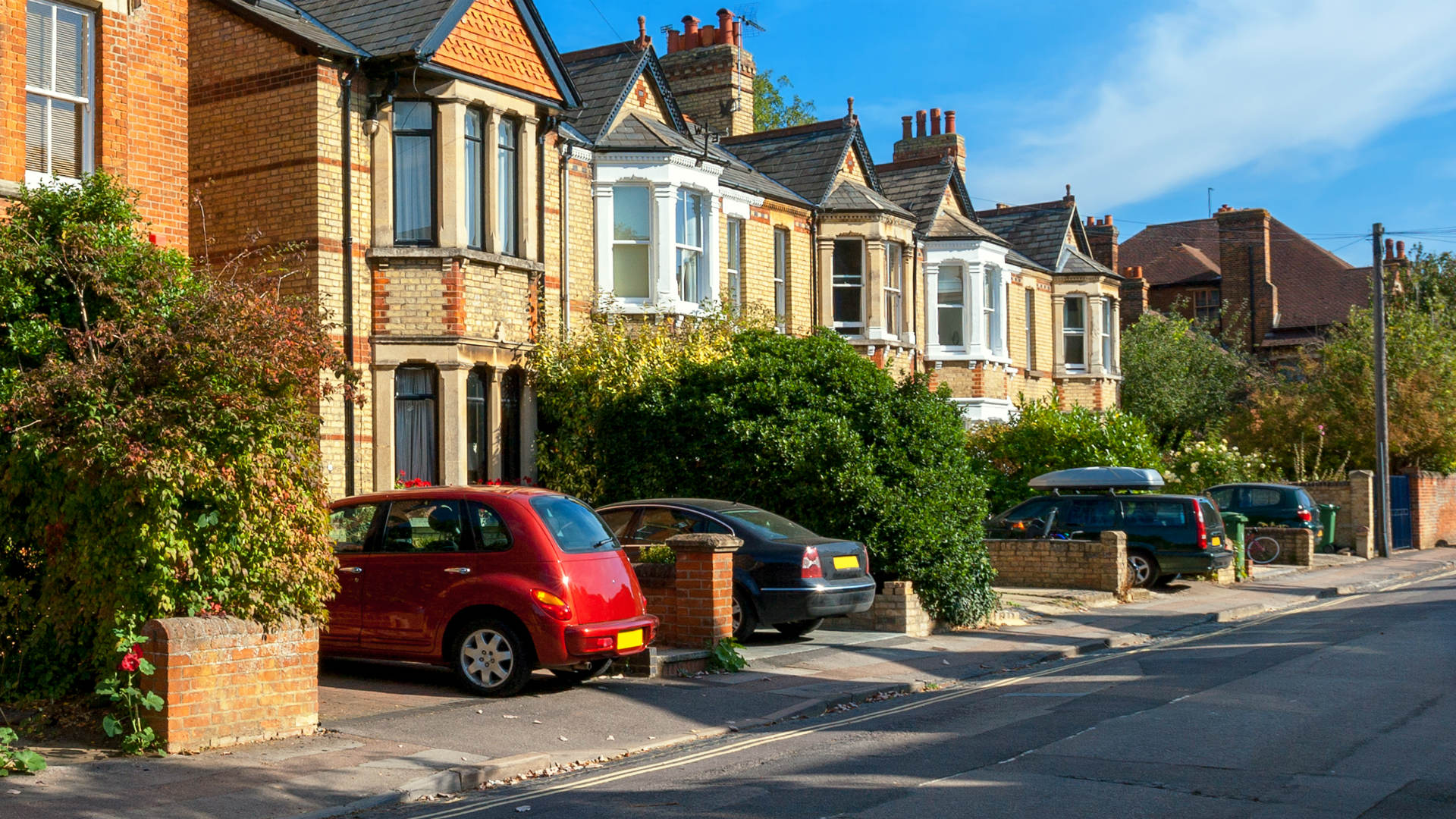
Parking can be one of most stressful aspects of driving a car. Whether it’s the price to park, a shortage of spaces or the risk of being clamped, the issue is never far from a motorist’s mind.
The topic of where you can park is more complicated than you might think. If it’s been a while since you read the Highway Code, you might have forgotten where you’re not allowed to stop or park. Similarly, you might be confused when it comes to parking outside your own home.
Here, we reveal the places where it’s illegal to park your car, along with a few facts about parking in the UK.
Yellow lines
Most drivers are aware that yellow lines relate to parking restrictions. Double yellow lines indicate a prohibition of waiting at ANY TIME, even if there are no upright signs. Basically, you cannot park on double yellow lines.
Things aren’t so clear when it comes to single yellow lines. You MUST NOT wait or park on yellow lines during the times of operation shown on the signs or at the entrance to a Controlled Parking Zone.
Often, you’ll find that single-yellow line parking restrictions are lifted overnight or at weekends. Or they may only apply for a couple of hours a day – to deter people from parking close to a train station, for example.
You also MUST NOT wait, park, set down or pick up on school entrance markings when upright signs indicate a prohibition of stopping.

Parking at the roadside
The Highway Code says you must use off-street parking areas or bays marked out by white lines whenever possible. If you have to stop at the roadside, you must adhere to the following rules:
- Do not park facing against the traffic flow
- Stop as close as you can to the side of the road
- Do not stop too close to a vehicle displaying a Blue Badge
- Do not park in spaces reserved for Blue Badge holders, residents or motorcycles
There are specific rules regarding parking partially or wholly on the pavement, depending on where you live in the UK. Click here for more information.
Where you MUST NOT stop or park
The Highway Code goes on to list the following places where you MUST NOT stop or park:
- The carriageway or the hard shoulder of a motorway, except in an emergency
- A pedestrian crossing, including the zig-zag lines
- A clearway
- Taxi bays
- An Urban Clearway during its hours of operation
- A road marked with double white lines in the middle, even when a broken white line is on your side of the road. The exception is to pick up or set down passengers, or to load and unload goods
- A tram or cycle lane during its hours of operation
- A cycle track
- Red lines, unless otherwise indicated by signs

Other parking restrictions
Rule 243 of the Highway Code says DO NOT stop or park in the following places:
- Near a school entrance
- Anywhere you would prevent access for emergency services
- At or near a bus/tram stop or taxi rank
- On the approach to a level crossing or tramway crossing
- Opposite or within 10 metres (32 feet) of a junction, except in an authorised parking space
- Near the brow of a hill or humpback bridge
- Opposite a traffic island or another parked vehicle
- Where you would force other traffic to enter a tram lane
- Where the kerb has been lowered to help wheelchair users and powered mobility vehicles
- In front of an entrance to a property
- On a bend
- Where you would obstruct cyclists’ use of cycle facilities
These rules apply EXCEPT when you are forced to stop by stationary traffic.
What if someone parks on your driveway?

Although you’re not allowed to park across the entrance to a property, there’s nothing to stop someone parking on the road outside your house.
A Uswitch survey of 1,000 Brits found 60 percent thought they were legally entitled to park in the space outside their home. Yet a quarter of drivers would happily ‘steal’ the spot outside your house.
Hannah Parsons, a solicitor at DAS Law, says: “A homeowner has no special legal right to park directly outside their property. All road users have the same right to park anywhere on the public highway as long as they do not contravene parking restrictions.”
Things aren’t so clear cut when it comes to parking on a driveway. As Hannah Parsons explains, it’s not actually a criminal offence.
“If a vehicle is parked on your driveway without your permission, they are trespassing. As trespass is a civil and not criminal offence, the police will not always get involved. At most, they may send an officer to try and determine the owner of the vehicle and ask them to move it.”
Once the car is on a driveway, it’s technically on private property – where the local council has no jurisdiction. A council will remove an abandoned car from private or public property, but if the vehicle is taxed, insured and has a valid MOT they’re unlikely to touch it.
Florence Codjoe, a car insurance expert at Uswitch, said: “Whilst it’s really frustrating to find a vehicle parked outside your home for weeks or months, it’s the decision of your local council as to whether it’s removed. If the vehicle is damaged, causing an obstruction, uninsured and without road tax [Vehicle Excise Duty], it’s likely the council will remove it.”
Taking revenge by blocking the car in question isn’t recommended. Hannah Parsons says: “If someone has parked on your driveway and you were to block them in, your vehicle may be causing an obstruction to the public highway and this is a criminal offence. The owner of the vehicle could therefore call the police.”
This is a view shared by Paul Watters of the AA. He warns: “Frustrating though this may be, what you can’t do is pop a line of cones on the road outside. You’re then committing a criminal offence because they could cause an accident. This counts as obstruction and a penalty charge could be issued.”
Penalties for illegal parking

The Traffic Management Act 2004 was introduced to tackle congestion and disruption on the road network. It gives local authorities more power to manage parking policies, coordinate street works and enforce some moving traffic offences.
A Penalty Charge Notice (PCN, or parking ticket), might be enforced and issued through the civil rather than the criminal justice system. The fine can typically be up to £70 outside London, or up to £130 within the capital.
The PCN is discounted by 50 percent if paid within 14 days of receiving the ticket. If the fine is left unpaid, the local authority can pursue the debt through the County Court.
ALSO READ:
What will the 2035 petrol and diesel car ban mean for you?
Do you think this is ok